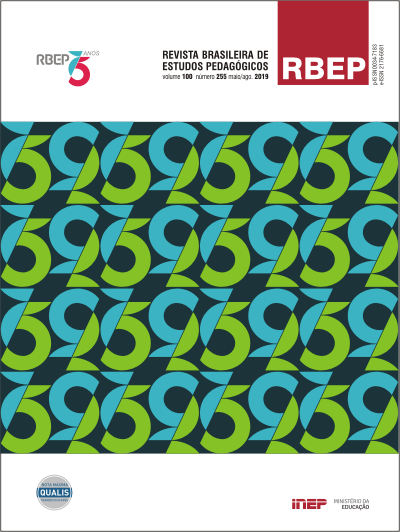Gendering intersectoriality in Brazil’s Health in School Program
Abstract
Gendering intersectoriality in Brazil’s Health in School Program Grounded on gender studies and on the cultural studies related to the Foucauldian theorization, this paper uses documental research and cultural
analysis to scrutinize how intersectorial work is defined, described and regulated in regulatory documents and didactic materials of the Health in School Program (Programa Saúde na Escola - PSE), in order to discuss
how gender crosses and configures one of its organizing principles – the intersectoriality. The analysis highlights what is said and what is silenced, as well as how and in which circumstances and power-knowledge relations certain things may be enunciated. It argues that, within PSE, notions like “to sum up efforts”, “to unite” and “to articulate” are used to propose ways of doing education and/in health. Such ways demand adaptability, multi-functionality, flexibility, and disposition to take on extra work, with no additional pay. It highlights that this process of ‘gendering intersectoriality’ is detached from sexed-biological bodies, but remains (re) building, reiterating, and legitimizing professional practices that naturalize actions, places and institutional arrangements that dispose of feminine attributes as functional resources to serve the needs of the intersectorial policy proposal herein.
Downloads
Once their work is accepted for publication, author’s copyrights are automatically relinquished to the National Institute for Educational Studies and Research Anísio Teixeira (Inep).
Since 2016, the journal Revista Brasileira de Estudos Pedagógicos (RBEP) uses the licence CC-BY.
Partial or total reproduction of the content of this Journal is permitted provided that the original publication is properly referenced, as well as a link to license CC BY 4.0 and to indicate any possible alterations made to the article.




















